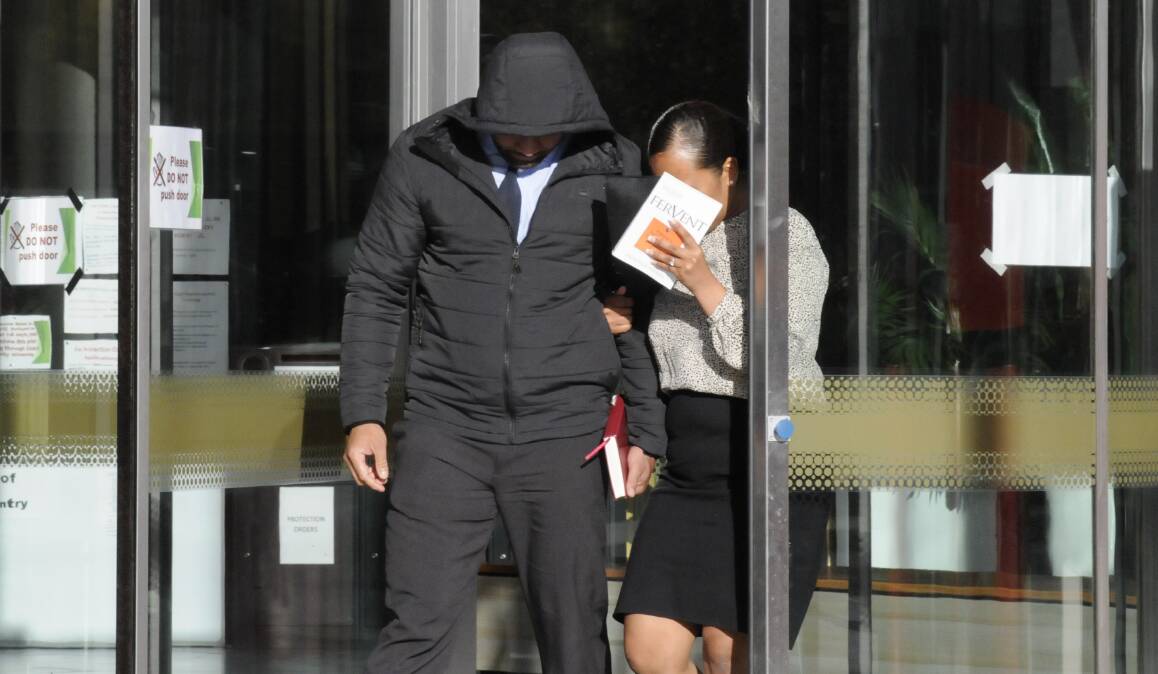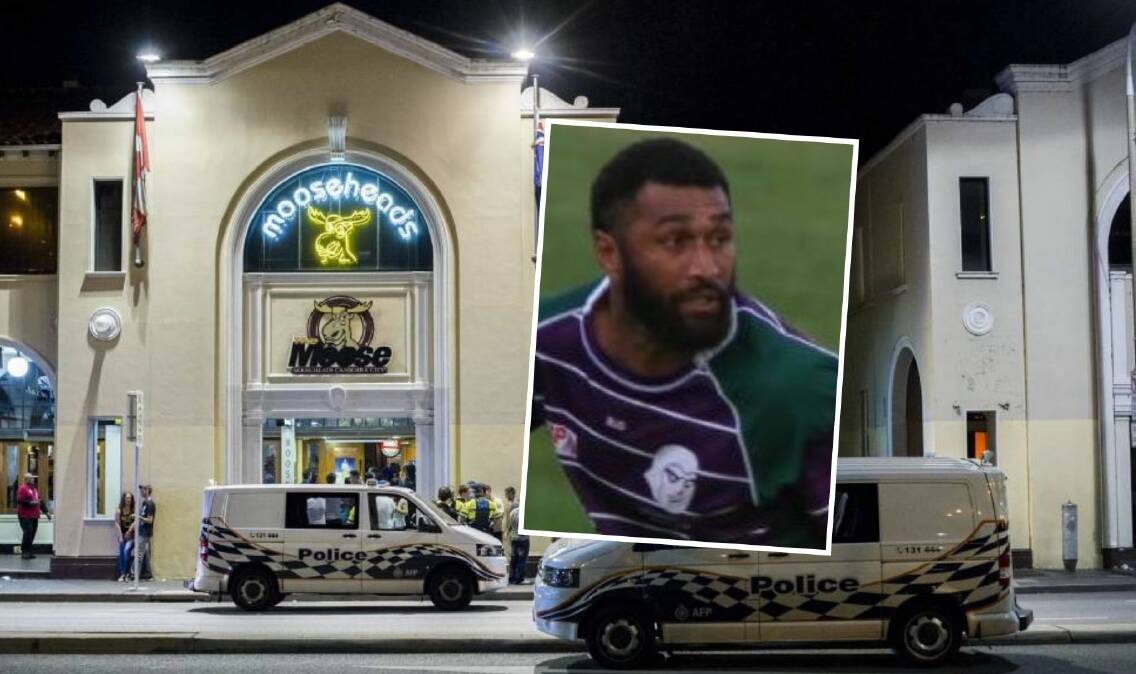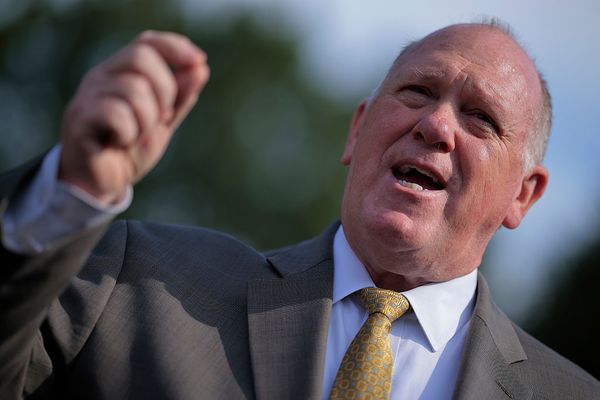
A Canberra gang rape leader will ask the High Court to quash his convictions by arguing COVID-19 emergency laws, which deprived him of the right to a jury trial in the ACT, were constitutionally invalid.
Saimoni "Simon" Vunilagi, 33, is serving a jail sentence of six years, three months and 14 days after former ACT chief justice Helen Murrell found him found guilty of eight charges laid over a November 2019 incident.
Described as "the ringleader" of a group that took a woman from Civic nightclub Mooseheads to a unit in Downer, where they raped her, Vunilagi was given a non-parole period of three years and one month.
Documents filed in the High Court by Vunilagi's legal team detail how the ACT Supreme Court suspended jury trials, initially across the board and later in "a significant number of matters", for a period of time in 2020 because of the coronavirus pandemic.
The ACT Legislative Assembly passed laws to minimise delays to the administration of justice during this time, authorising the court to order judge-alone trials without the consent of accused people.
Despite both Vunilagi and the prosecution opposing the making of such an order in his case, he and his co-accused were made to stand trial without a jury.

After the Supreme Court trial, lawyers for Vunilagi and his co-offenders unsuccessfully tried to convince the ACT Court of Appeal the verdicts entered against them were "infected by sexual stereotypes" and therefore unreasonable.
Vunilagi alone challenged the constitutional validity of his trial, failing on that front as well.
He will now take that challenge to the High Court, where one of Australia's most sought-after barristers, Bret Walker SC, will argue his case for special leave to appeal against the Court of Appeal's decision.
His application for special leave argues the nation's top court should consider the validity of his trial because the issue is "of considerable public importance".
"The basis on which criminal justice is administered in the territories is of fundamental importance to the liberty interest of [Vunilagi] and others, and to the confidence of the community in the way criminal justice is administered," the application states.
Vunilagi's solicitor, Tom Taylor of Hugo Law Group, told the Sunday Canberra Times the 33-year-old was "looking forward to advancing his special leave hearing" in June, when the case goes before the High Court.
"A person's right to be tried by a jury is an important feature of our criminal justice system," Mr Taylor said.
"It is important for both individuals and our community, holding an important role in our democratic society.
"I am deeply troubled that the Legislative Assembly has been able to legislate away a person's right to be tried by a jury."
Should Vunilagi fail in his latest legal battle, he will be deported to Fiji upon his release from custody. At present, that will not happen until at least June 2023.







